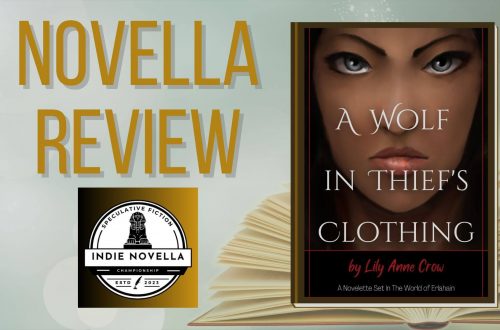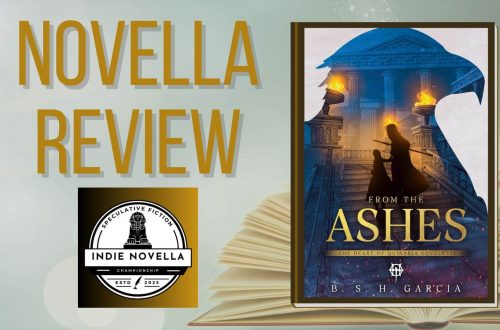Us writers are a nice bunch of folks. If we’re not reading books or procrastinating our own writing, then we love to help out our fellow writers with tips and advice because we all understand the struggle of writing. We’ve all stared at a blank screen or paper and willed the story to life. We’ve all re-wrote the same line over and over again. We’ve all downed our fair share of coffee whilst fighting writer’s block. So yeah, we’ve all been there, and we like to help each other out.
There are many amazing writing communities out there, either in the real world or online. Most are welcoming to writers at all skill levels, and if you’re looking for an online home I can recommend a good place to start.
If you’re new to writing and want feedback on your words, or want to meet like-minded folk, then I would definitely recommend searching for a good writing community. The comradery and advice you can gain from people of different writing backgrounds and experience is invaluable. Many authors also share advice on their website or Twitter – you can find some from me on this blog!
Writers share writing advice because we’re passionate and love to share what works for us, but that’s the thing. What works for one writer doesn’t necessarily work for another. You can read all the advice and tips and guides and much as you want, but part of the horror and joy of writing is to find your own path. Learning how to outline, for example, may not be useful if you’re a natural-born pantser.
I’ve joined many communities where writers insist that there is One True Way of writing, and that’s just not the case.
The Downside of Too Much Advice
When I was a young baby writer, I would devour writing advice. I’d scour the internet for articles, following my favourite authors, attend a couple of local writing classes just so I could learn as much as I could. And man, was it overwhelming. There is so much advice out there, and quite a lot of it can be contradictory. I spent more time reading guides on how to write than actually writing.
So that’s the first problem. Seeking out advice can become a procrastinating tool. There’s only so much you can plan an activity before you realise you’re just putting it off.
The second problem is that I found myself trying to emulate other authors. I thought that, if I wasn’t sticking to the One True Way and the writing rules that authors like Stephen King carve into stone, then I obviously wasn’t doing it right.
And if you don’t do it their way, you’ll never find success. It can be a little depressing when your method doesn’t match up with your favourite authors. You may even question yourself and your abilities. I believe a lot of authors who suffer from imposter syndrome found themselves down this dark hole because they compared themselves to other authors who operate under the One True Way and felt they were doing it wrong.
I certainly felt this way.
And that comes to problem number three. Even after I had written something, I would come across a piece of advice some nice author had carefully tweeted out, and it would send me in a state of dread. If they’d said that using the word “the” was bad writing, I’d comb through my chapter and edit extensively so I wouldn’t commit this grave writing sin and butcher what I’d just written. It would honestly make me worry that my writing wasn’t matching up to what it should be. Every time I read such advice, no matter how well-intended it was, I’d compare myself, my writing, and feel like I was falling short. I’d get trapped in an endless editing loop which was almost as bad as having never written!
Find Your Own Way
The solution, at least for me, was to ignore all the advice and just write my own way. Find my own voice.
Writing is a creative endeavour, which means “good” writing is in the eye of the beholder. It’s subjective what one reader enjoys reading compared to another. Whilst following the sacred rules of grammar and the accepted tenets of the modern writing era is a useful skill to understand, writing rules are not set in stone. There are no accepted rules which must be adhered to. There are no actual grammar police, and I’m thankful for that because no doubt I’ve broken at least one grammar rule in this blog entry alone.
There is no One True Way of writing.
So this is partly why I tend to avoid writing advice. Sure, it was useful when I first started out as a writer, but nothing taught me to write better than reading books and finishing projects. Just writing a whole book on your own will teach you more than any top ten tips article. Going through that process will also teach yourself YOUR own process. How do you know if outlines work for you unless you try writing an outline or pantsing? How do you know when you’re most productive unless you experiment?
Finding your writing voice is a part of the writing process and no article will teach you how. Only by goig on the writing journey yourself will you discover what kind of writer you are.
I figured out my own process and it might not match the One True Way, but hey, I have written books! This works for me. And hopefully it will work for you.
How do you feel about writing advice? Do you feel it helps or hinders?




